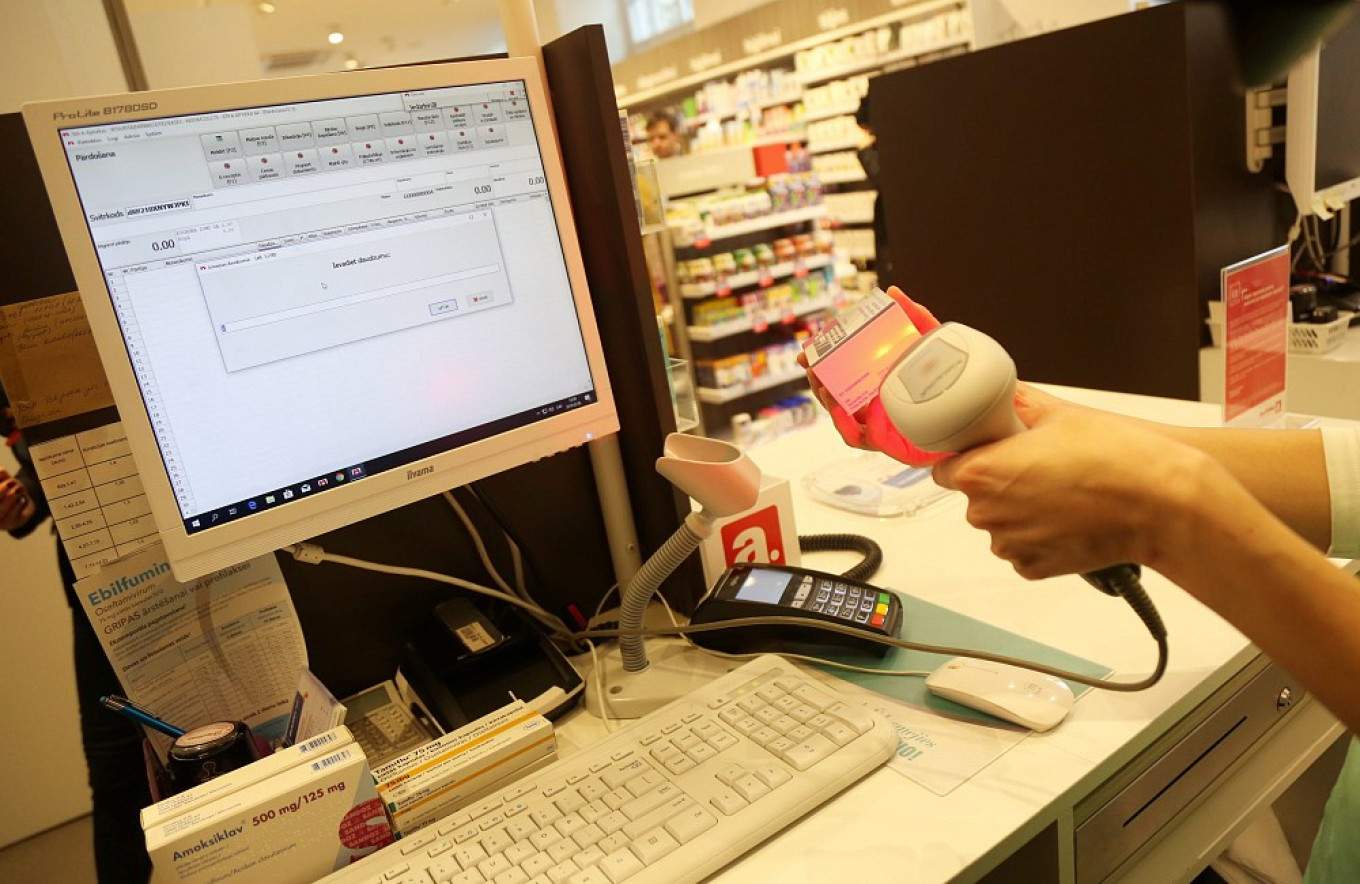The system’s operating principle involves marking each package of medicines with a unique code at the time of manufacture, and this code is checked directly before selling medicine at a pharmacy or using it at a treatment institution. The system is being implemented in Latvia by the Latvian Medicines Verification System (LZVO), and the state institutions involved in the process are the Ministry of Health, the State Agency of Medicines, and the Health Inspectorate.
The verification system has connected 1205 users in Latvia: all pharmacies (829) and hospitals (47), most health centres and other treatment institutions (212 of 224) and wholesalers (59 of 60). There has been less activity on the part of medical practices, dentistry institutions and practices (62 of 80). However, new connections are continually being set up, with new users joining the medicine verification system every month.
“Operation of the Latvian Medicines Verification System has been robust throughout the year, with no outages,” notes LZVO chairwoman of the board Inese Erdmane. “Users of the system are verifying and clearing unique codes on the medicine packages, so we can safely say that the system is doing its primary task of protecting patients against falsified drugs.”
“The medicine verification system was introduced on time and is functioning well,” confirms Artūrs Grīgs, senior inspector at the Ministry of Health Pharmaceutical Services Division. “Patients that are administered drugs at healthcare institutions or purchase them at pharmacies stand to benefit the most from a system that verifies the safety of medications – they can feel certain that genuine medicines will make them better instead of posing a risk to their health due to counterfeiting. I am thankful to everyone involved, particularly to our pharmacists.”
Latvia, unlike other European countries, had no transitional period: the medicine verification system was launched in full on its first day, 9 February 2019. “Therefore, during the first year we have been very focused on informing the users of the system – holding 15 LZVO seminars across 7 regions in Latvia, speaking to over 600 users face to face. We also speak at events held by other organisers and provide individual consultations to the users,” Erdmane explains.
“We have received confirmation from the European Commission that the Latvian system is among the best in terms of performance indicators; Latvia stands out among other European countries with its low number of warning alerts and high number of connections to the system. For this, we must thank LZVO and everyone involved, especially pharmacists – the people doing the real work of verifying medicines, using the system every day and making it do good,” comments Sergejs Akuličs, deputy manager of the State Agency of Medicines Medicine Distribution Information Division.
At this initial stage of implementing the system, some technical and human errors have been identified – inaccurately specified manufacturer data in the system, user IT system flaws, or scanner malfunction may generate an alert upon medicine verification. The number of alerts in Latvia has been just 0.1% of the total number of verified packages, so only 1 in 1000 transactions generates an alert. LZVO and responsible state institutions – the Health Inspectorate and the State Agency of Medicines – can monitor alerts in the medicine verification system. In case of an alert, LZVO will contact the end users and the manufacturers’ representatives to discuss the reasons behind the alerts, the actions taken, and the results. According to information available to LZVO, all alerts in Latvia have been of a technical nature, rather than caused by actually counterfeit medicines.
“The verification system has been in operation for one year, and we did not detect any falsified medicines within or outside the system,’” confirms Rihards Burmistris, Pharmaceutical Services Department manager at the Health Inspectorate. “However, in May last year, one European Union member country was able to identify and remove falsified oncologic medicines from circulation at a wholesaler thanks to the medicine verification system. Overall, the Health Inspectorate has received messages from EU countries on 16 cases of counterfeiting of various medicines in the past year.”
The establishment of the verification system is mandated by the EU Falsified Medicines Directive (2011/62/EU) and the Delegated Regulation for Safety Features on Medicinal Products for Human Use (EU 2016/161). The system applies to prescription medicines and one over-the-counter medicine: omeprazole.
Further information:
Inese Erdmane
Member of the Board
Latvian Medicines Verification Organisation (LZVO)
inese.erdmane@lzvo.lv
